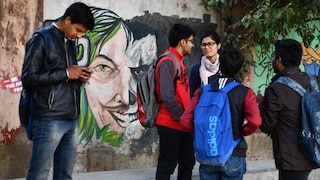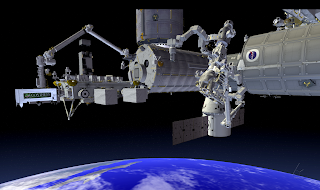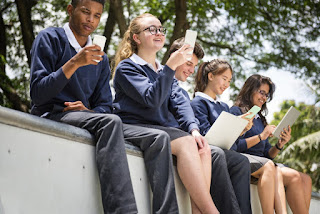University of Hyderabad increases bioavailability of harpin biopesticide

Up to 90% reduction in severity of fungal infection in tomato plants was seen Researchers at the University of Hyderabad have found that harpin biopesticide brought about 80-90% reduction in severity of fungal infection in tomato plants when it is encapsulated in chitosan nanoparticles. The fungal infection was caused by Rhizoctonia solani. The reduction in disease severity is only about 50-55% when the biopesticide is used without loading it in nanoparticles. The results were published in the journal Carbohydrate Polymers. Though harpin is used against several bacterial, fungal and viral infections, poor bioavailability is a major hurdle when harpin protein, taken from the bacteria Pseudomonas syringae pv. syringae, is just sprayed on the leaves like any other pesticide. Chitosan to the rescue To address the issue of poor bioavailability of harpin arising from the inability to permeate into plants, the researchers led by Prof. Appa Rao Podile from the Depa




